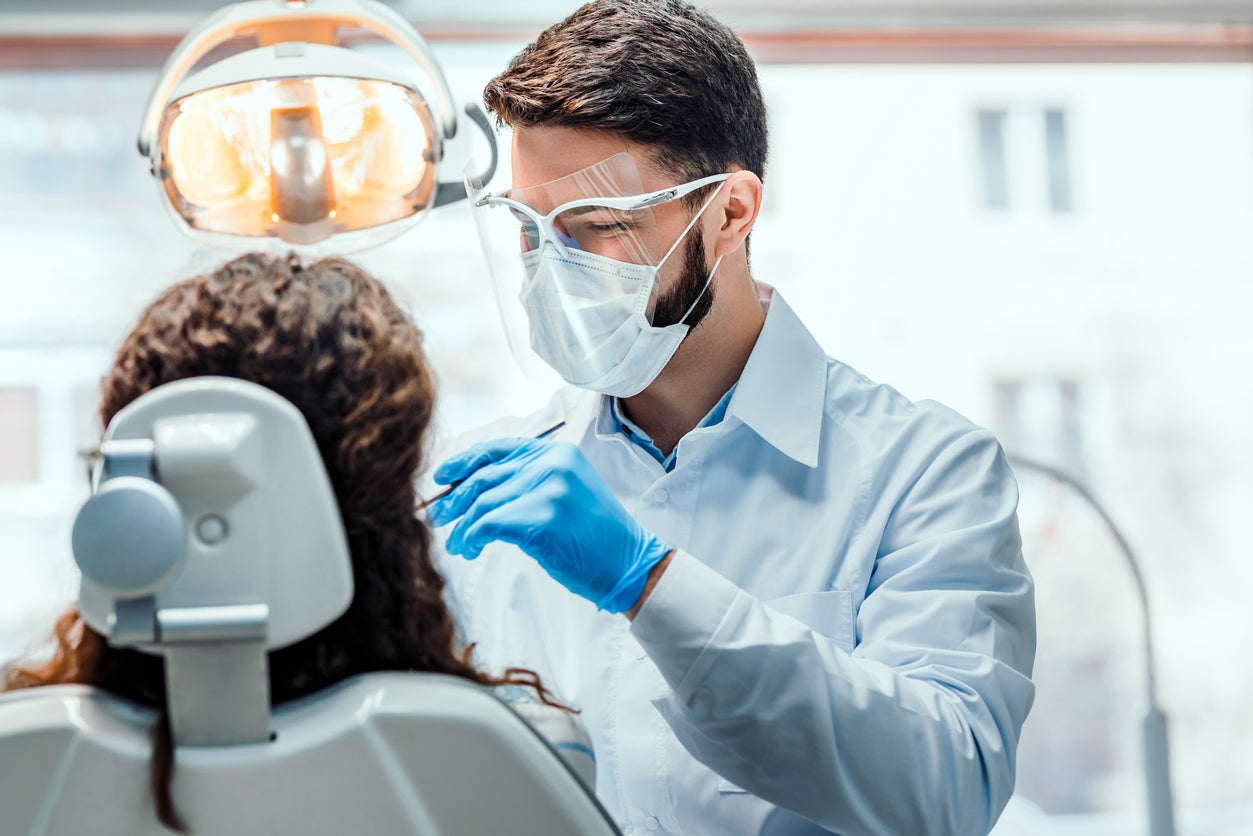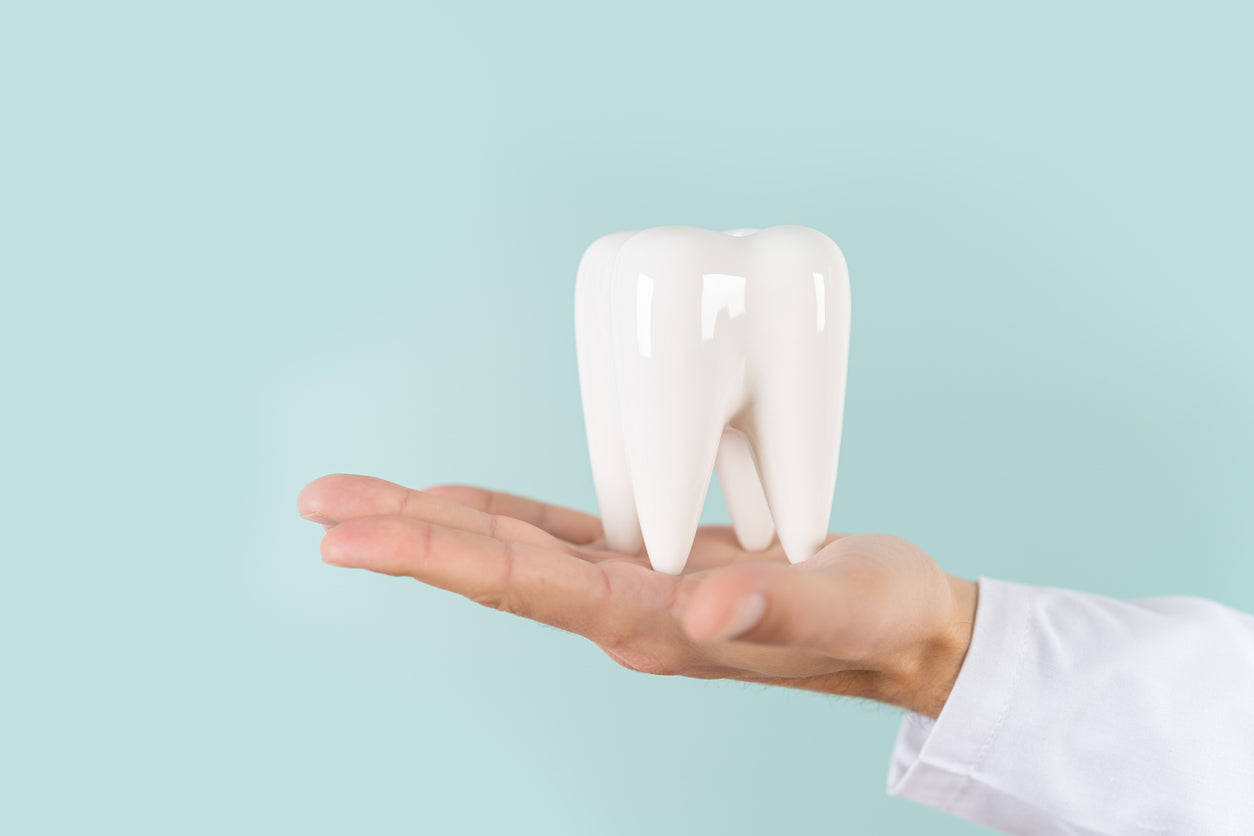Gum disease is a common condition that most adults will suffer from at some point in their lives. Though it is commonplace, it can also be a serious condition that if left untreated can ultimately lead to tooth loss. If you are worried that you might have gum disease, please do read on to find out more about the symptoms and what you can do to prevent it from becoming a problem.
Gum disease symptoms
If your gums bleed when you brush your teeth or you have bad breath then you might be suffering from gingivitis, which is the early stage of gum disease. Your gums will probably look red or swollen around your teeth and this is because they are inflamed. This is the point at which you need to speak to your dentist about how to treat your gum disease.
If gingivitis is left untreated it can develop into periodontal disease. This disease affects the tissues supporting the teeth and damages the bone in your jaw, which can cause your teeth to become loose, to the point where they may fall out.
Gum disease treatment
The good news is that mild cases of gum disease can be easily treated by having your teeth professionally cleaned to remove any plaque build up and in some cases treating the roots of the teeth to make sure all bacteria is removed. You can also treat gum disease by maintaining a good level of oral hygiene.
How to prevent gum disease
The best way to treat gum disease is to prevent it in the first place. Gum disease is caused by plaque - the film of bacteria that forms on the teeth following eating and drinking. If this bacteria is not removed efficiently every day it will lead to plaque build up, which can irritate your gums, causing gingivitis.
Our top 3 tips for preventing gum disease are:
- Brush and floss or use interdental brushes twice a day
- See your dentist for regular check ups - every 6 months or as advised
- Stop smoking - smokers are more prone to plaque build up and therefore gum disease
Book in for a check up to keep your gums healthy
If you have noticed any gum disease symptoms and want to find out more about treatment please contact the Dentalia team to book an appointment for a check up where we can advise you on how to keep your mouth healthy.





